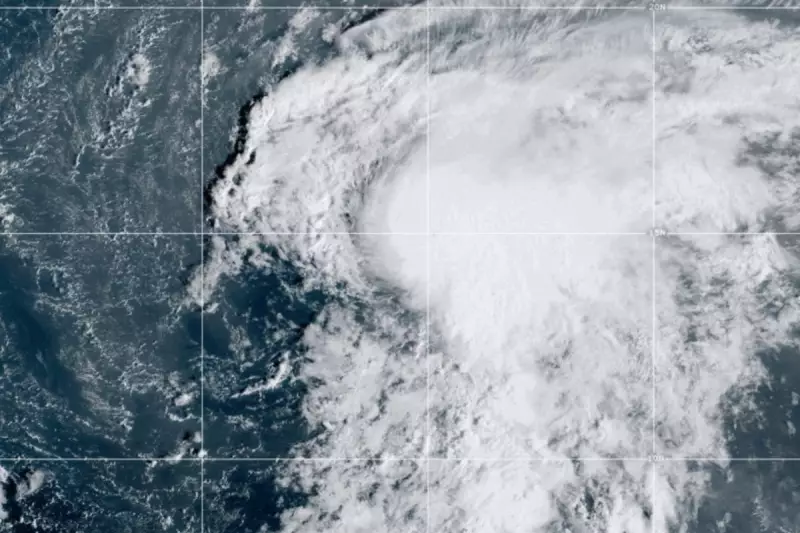
Scientists have issued a stark warning that the Atlantic Ocean's crucial current system is teetering on the edge of catastrophic collapse, according to alarming new research that suggests we may be closer to climate tipping points than previously thought.
The Atlantic's Failing Heart
The Atlantic Meridional Overturning Circulation (AMOC), often described as the planet's climate regulator, shows disturbing signs of weakening to dangerous levels. This vast network of ocean currents acts like a global conveyor belt, distributing heat around the world and maintaining the climate patterns we depend on.
What the Research Reveals
Recent analysis of ocean temperature data and current measurements indicates the AMOC is losing stability at an unprecedented rate. The system, which includes the Gulf Stream responsible for keeping Northern Europe relatively warm, could be approaching a critical threshold beyond which recovery becomes impossible.
Consequences of Collapse
If the AMOC were to shut down completely, the implications would be devastating:
- Drastic temperature shifts across Europe and North America
- Sea level rise threatening coastal cities worldwide
- Disruption of monsoon patterns affecting global agriculture
- Extreme weather events becoming more frequent and intense
- Marine ecosystem collapse with catastrophic biodiversity loss
Climate Change Accelerating the Crisis
The primary driver behind this impending collapse is the rapid melting of Arctic ice and Greenland's ice sheets, pouring massive amounts of fresh water into the North Atlantic. This freshwater acts as a barrier, disrupting the salinity-driven currents that power the entire system.
Urgent Call to Action
Climate scientists emphasize that while the situation is dire, there remains a narrow window for action. Rapid reduction in greenhouse gas emissions and concerted global climate efforts could still prevent the worst-case scenario from unfolding.
The message from researchers is clear: The fate of our planet's climate stability hangs in the balance, and the time for meaningful climate action is now.





